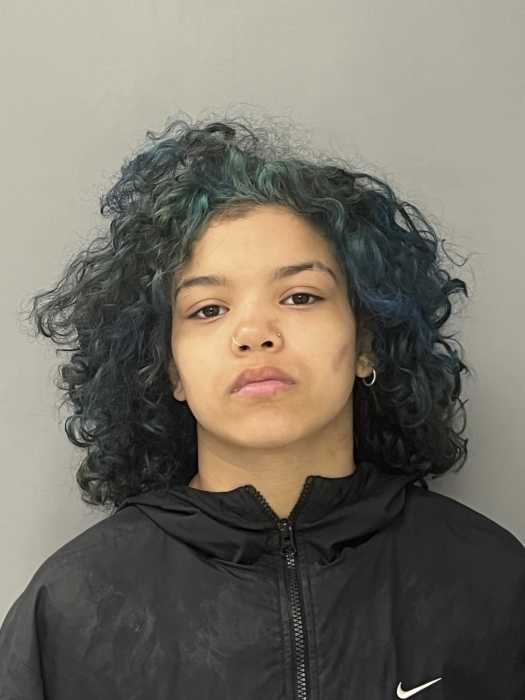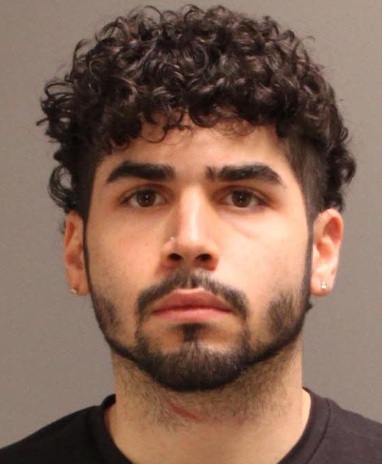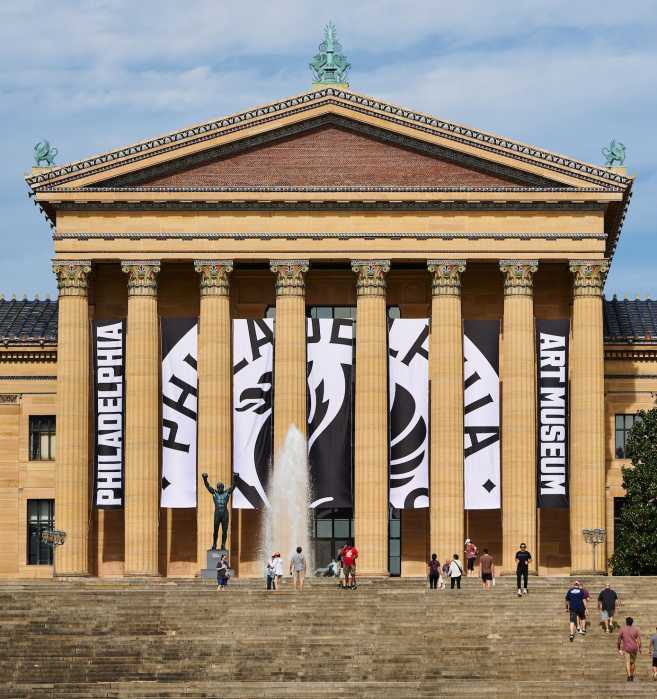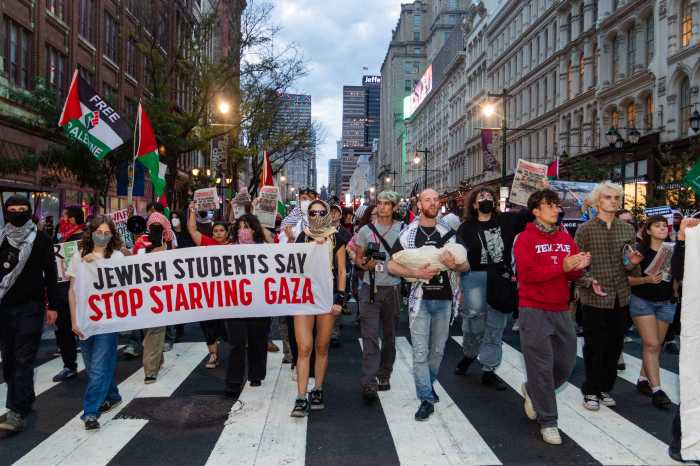A federal judge’s ruling, which deemed some of Gov. Tom Wolf’s coronavirus prevention measures unconstitutional, won’t affect similar, city-imposed orders, Philadelphia officials said.
The decision, which came down Monday, targeted the state’s stay-at-home order, limits on gatherings and restrictions on business activity. Wolf on Tuesday vowed to appeal the ruling “as far as necessary.” Some of the regulations have already been lifted.
Mayor Jim Kenney and Health Commissioner Thomas Farley have issued their own orders, including protocols capping the size of outdoor events at 150 people and indoor gatherings at 25.
“It doesn’t impact us. That’s the simple answer,” City Solicitor Marcel Pratt said. “All of the restrictions that we’ve put into place are still valid and have to be followed.”
President Donald Trump, who was scheduled to visit Philadelphia Tuesday night for a town hall with voters at the National Constitution Center, tweeted in support of the judge’s decision.
Kenney called the ruling “totally bizarre” during an afternoon press briefing.
“It’s interesting that the Trump administration, through this whole pandemic, has abdicated any responsibility, has told both governors and mayors that it’s all on them, and then a federal judge appointed by Trump invalidates the governor’s ability to do it,” he said.
Judge William Stickman IV, who issued the ruling, is a Trump appointee.
Wolf, in his response, also lashed out at the president and Republicans in Harrisburg who supported the decision.
“What’s not up for debate is that our early and decisive action saved lives,” he said in a statement. “While the federal government dithered, Pennsylvania took action.”
Meanwhile, officials reported 84 new COVID-19 cases Tuesday in Philadelphia and one additional fatality, bringing the city’s death toll to 1,771.
For the week that just ended, the city averaged 67 cases a day, and the positive test rate was 2.6%. Both those numbers are the lowest since the first week of the pandemic in March, Farley said.
A team of independent researchers released a report Tuesday this shining a light on mask use in Philadelphia.
The results show that women were more likely to cover their faces than men; Black and Hispanic residents were less likely to wear masks than whites and Asians; and there are different rates of mask use by neighborhood.
Observers recorded information from 4,613 people over the course of three weeks in August. They were stationed at 30 parks, playgrounds and commercial corridors around the city.
Overall, 43% were wearing masks, 40% did not have masks and 17% were wearing masks incorrectly, according to the report. More people (51%) wore masks on commercial avenues than parks (43%) and playgrounds (22%).
Men were spotted wearing masks about 37% of the time, compared to 51% for women.
Asian residents were recorded more often wearing masks properly, at 63%, while white people registered at 47%. About 35% of Black and Hispanic residents had their faces properly covered, the study said.
The report analyzed how people were wearing masks by City Council district. People were least likely to be masked in the 5th District, which covers parts of Center City and North Philadelphia, and the 6th District, spanning parts of Northeast Philadelphia, Port Richmond and Bridesburg.
Districts 1 and 2, covering South and Southwest Philadelphia, as well as Fishtown, had the highest rates of mask usage.
Researchers suggested that the city create a targeted information campaign and install additional COVID-19 signs in parks and playgrounds.
The analysis will continue, with a final report expected to be published in November.
Farley said the health department is releasing a flyer to encourage people to wear the right kind of mask properly.
“In general, I believe that a lot of the progress we’ve made in this epidemic is because people are wearing masks,” he said.




























